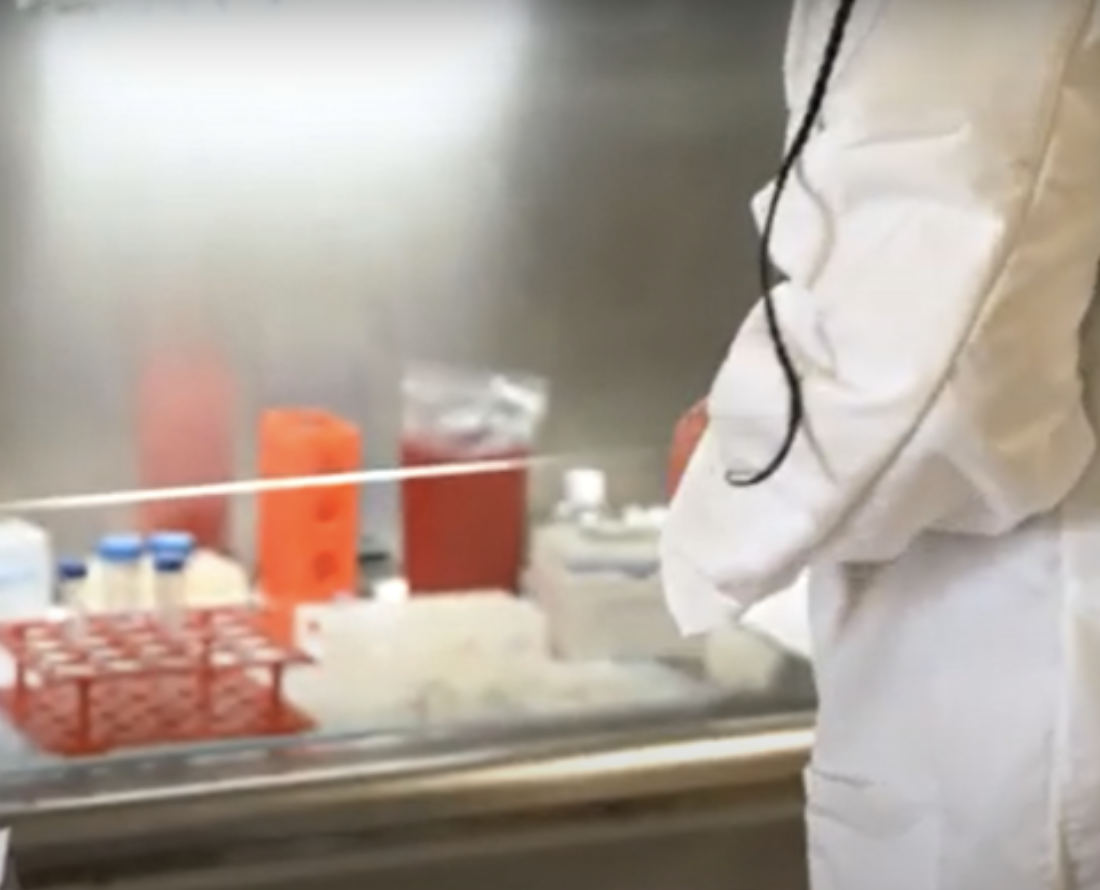
- Details
- By Levi Rickert
The National Institutes of Health (NIH) announced on Friday a $9 million grant award to Stanford University in collaboration with Native BioData Consortium (NativeBio) for an Indigenous Data Repository. The project will be led by Native scientists to help improve health in tribal communities.
The project, called Rapid Acceleration of Diagnostics (RADx) Tribal Data Repository (TDR): Data for Indigenous Implementations, Interventions, and Innovations (D4I), is a secure NIH data hub for the use of anonymized Indigenous data in health research.
The goal is to more immediately serve tribal populations following the disproportional impact of COVID-19 in Indigenous communities.
 Make A Donation Here
Make A Donation Here
NativeBio is a 501(c)(3) nonprofit organization biodata repository and research institution located on the Cheyenne River Sioux Reservation in Eagle Butte, South Dakota.
NativeBio’s Executive Director Joseph Yracheta, M.S. (Pūrepecha) say the award is a landmark decision to the support of Indigenous peoples.
“In recognition that science development projects are increasingly done as public-private partnerships, we recommend that formal and informal standards include and adhere to 21st-century precepts of equity, restorative justice, and benefit sharing, acknowledging the 532 years of injustice done to Native Americans and their inability to correct the problem on their own,” Yracheta said.
Cheyenne River Sioux Tribe Chairman Ryman LeBeau also praised the award.
“This is a huge step forward for Indian Country," LeBeau said. "We are finally acknowledged for what we have known all along. Tribal Nations have the ability and capacity to administer health, education, and economic programs for ourselves."
The RADx Tribal Data Repository comes in response an NIH initiative called Rapid Acceleration of Diagnostics for Underserved Populations (RADx®-UP), launched during the COVID-19 pandemic to “speed innovation in the development, commercialization, and implementation of technologies for COVID-19 testing.”
RADx-UP enabled a concerted public health response to COVID-19 and helped to identify and address disparities in COVID-19 diagnostic testing and effectiveness among underserved and vulnerable populations. American Indian and Alaskan Native (AI/AN) communities acutely felt the devastating consequences of COVID-19, partly due to the increased prevalence of underlying chronic conditions caused by systemic neglect and underfunding of tribal health services.
“Though apparent, the true extent of COVID-19 disparities among Indigenous people is likely underestimated,” Yracheta said. “This is mostly because of underreporting in the absence of a unified, Indigenous-led data resource to facilitate data collection, interagency cooperation, guide COVID-19 research, and subsequent implementations.”
RADx TDR will establish a data repository consistent with Tribal sovereignty for researchers and their collaborators interested in working with RADx data provided by American Indian and Alaska Native research participants to better understand and address the impact of COVID-19 and other health disparities.
More Stories Like This
Utah May Take ‘The First Step of Many’ to Better Investigate Missing and Murdered Indigenous PeopleNational Indian Health Board's Strategic Plan Listening Tour Underway
‘You Are Never Alone’ | How One Tribe Is Fighting Youth Suicide With Culture and Crisis Response
‘Our Culture is Prevention’
This National Cancer Prevention Month, Reduce Your Risk

